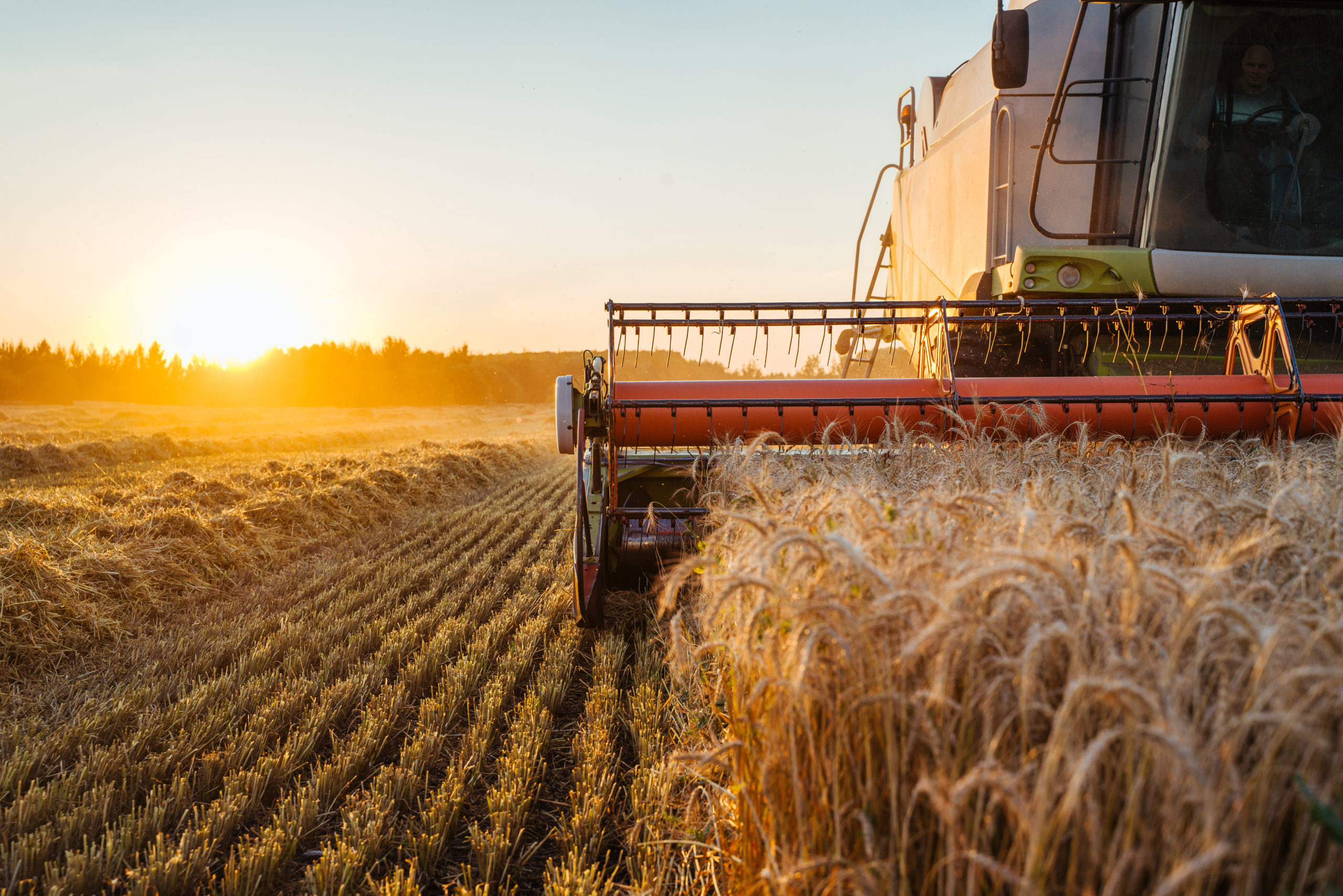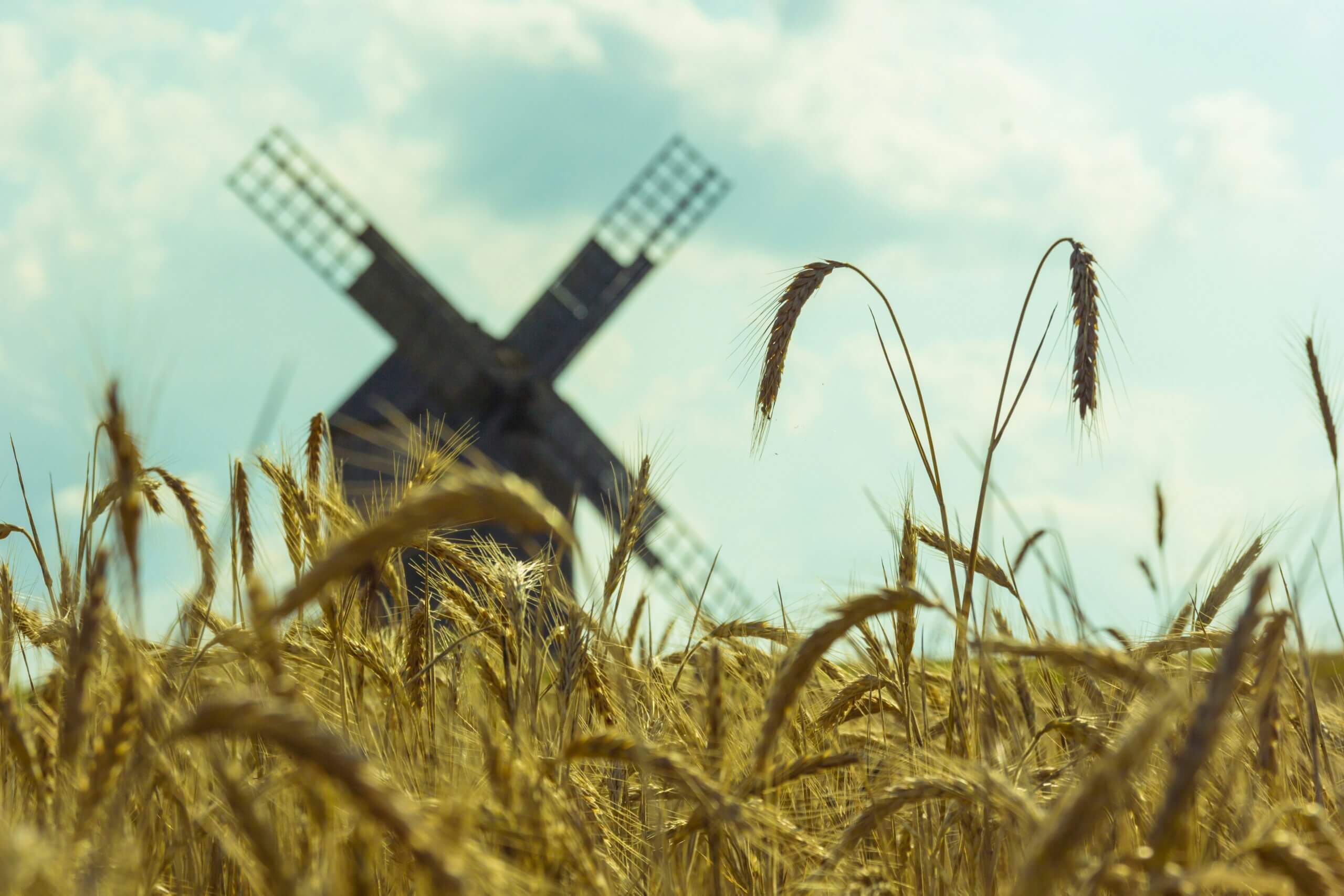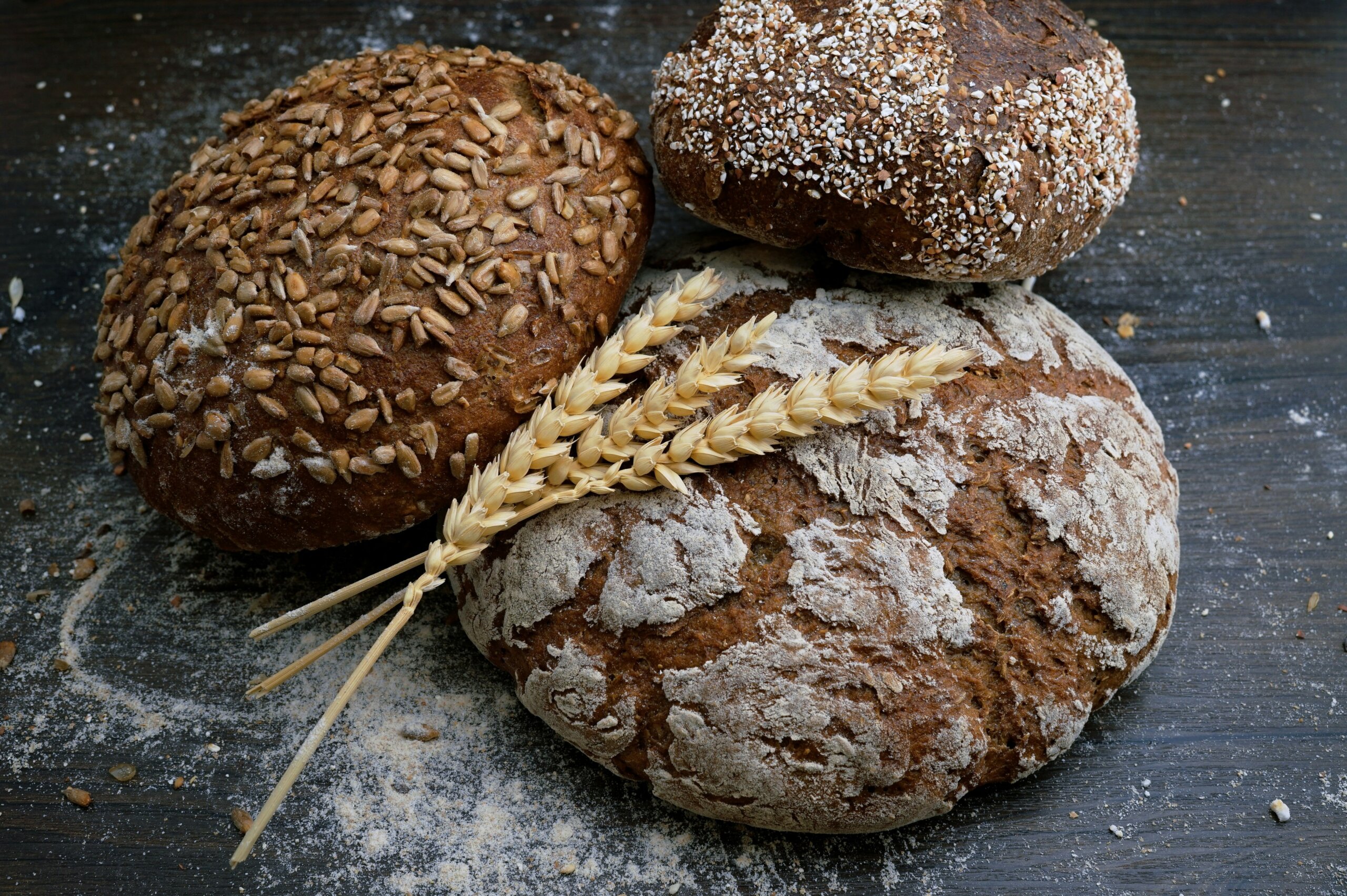New Zealand
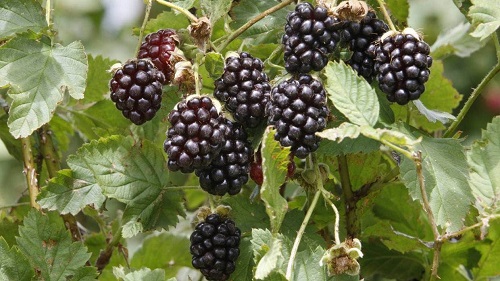
Boysenberries NZ celebrates inaugural cuisine award winners
Boysenberries New Zealand’s inaugural cuisine awards has celebrated the culinary use of the flavoursome fruit, most of which is grown in the Nelson-Tasman region.
Managing director Julian Raine, who calls the Nelson-Tasman region the world capital of boysenberry production, said 50 per cent of the world’s boysenberries were grown in New Zealand – 90 per cent of which were produced in the Nelson-Tasman region.
Read More here…
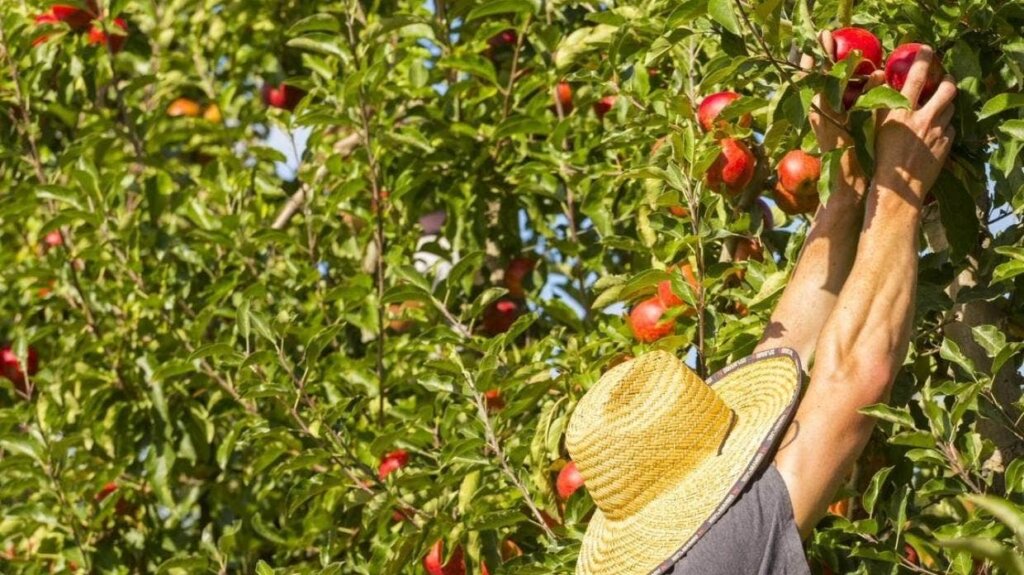
First group of RSE workers have arrived in time to tackle the apple harvest
The first group of horticultural workers from the Pacific Islands will be hitting orchards in less than two weeks, after they complete their isolation period.
Industry leaders will not say where the first group will be deployed, but with the apple harvest fast approaching they say this will be the job of first order.
The first flight carrying long awaited workers arrived on Sunday, with flights continuing to arrive every four days thereafter, industry chiefs say.
Each flight will carry 156 Registered Seasonal Employers (RSE) workers, and there will be 13 flights in total. Eventually there will be 2000 extra seasonal workers in the country, adding to 5000 already here.
Read more here…
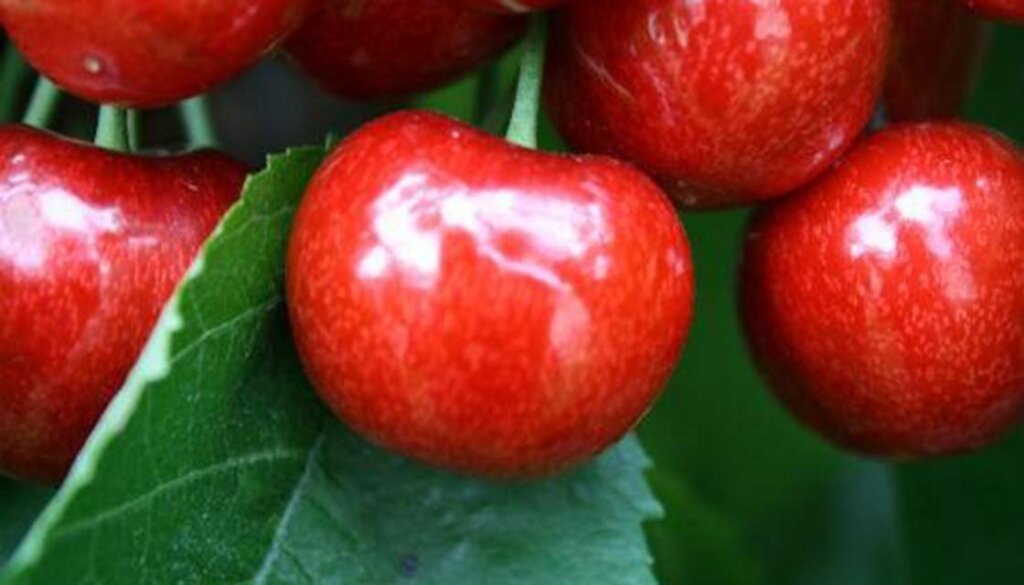
COVID-19: Fruit packaging scare in China believed to be unconnected to New Zealand fruit
The industry body for stone-fruit growers in New Zealand is reassuring international customers of our COVID-free status after the virus was reportedly found on fruit packaging in China.
Chinese media organisation The Global Times reported that the virus was found on the inner packaging of imported cherries in the city of Wuxi, near Shanghai.
The outlet said it’s unclear what country the fruit originated from.
Read More here…
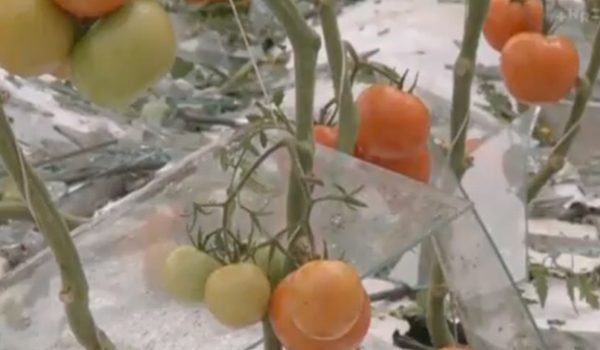
As labour shortage continues, storm-hit growers face race against time to save crops for next season
Almost a month after a devastating hailstorm in the Tasman district, an ongoing labour shortage in the horticulture industry is continuing to add to the difficulties faced by many growers.
The storm, which happened on Boxing Day last year, severely damaged buildings in Motueka, as well as destroying as much as 80 to 100 percent of some orchards’ crops.
Heavy rain in Central Otago earlier this month also devastated as much as 60 percent of some cherry growers’ crops, halving a potential record harvest.
Read More here…
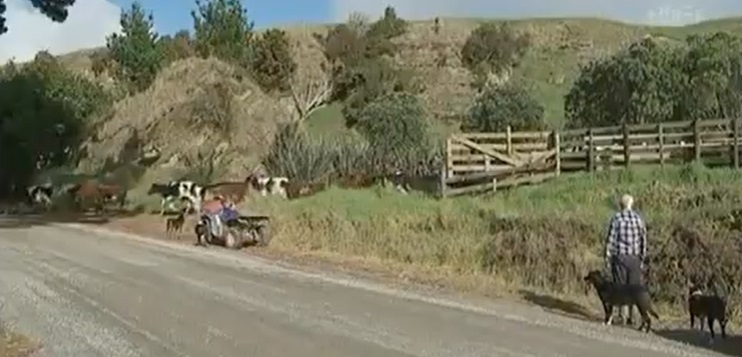
Mycoplasma bovis numbers falling – MPI
The Ministry for Primary Industries says New Zealand is getting closer to the eradication of Mycoplasma Bovis.
Ten properties in Canterbury are currently infected with the cattle disease, including two Lincoln University research farms.
The Ministry is working through depopulation plans with the two research farms, but final cull numbers haven’t been determined.
Read More here…
Australia
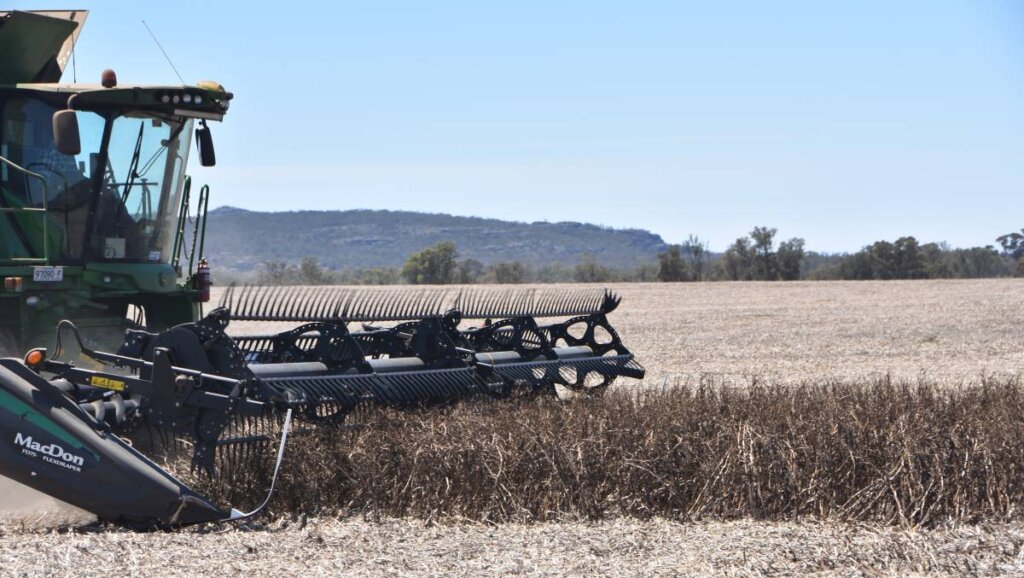
Bulk handlers happy across the east coast
THE EAST coast harvest has seen bulk handler GrainCorp set records at a number of sites, but it is not just the storage and handling giant that has had a good season.
A number of other bulk handling businesses have reported exceptional receivals into their networks through NSW and Victoria in particular.
David Johnson, Emerald Group chief executive, said the company had seen good support for its eight storage sites across Victoria and NSW.
Read more here…

Avocados to explore improved export opportunities through federal grants.
AUSTRALIAN avocados will have a more hasslefree entry into Japan and New Zealand on the back of two Federal Government grants.
Avocados Australia has been awarded the grants under the Package Assisting Small Exporters (PASE) program extension.
Totalling $109,176, the grants will go toward the development of an online registration, mapping and phytosanitary data collection platform ($79,200) and towards the production of educational materials for growers seeking to access Japanese and New Zealand markets ($29,976).
Read more here…
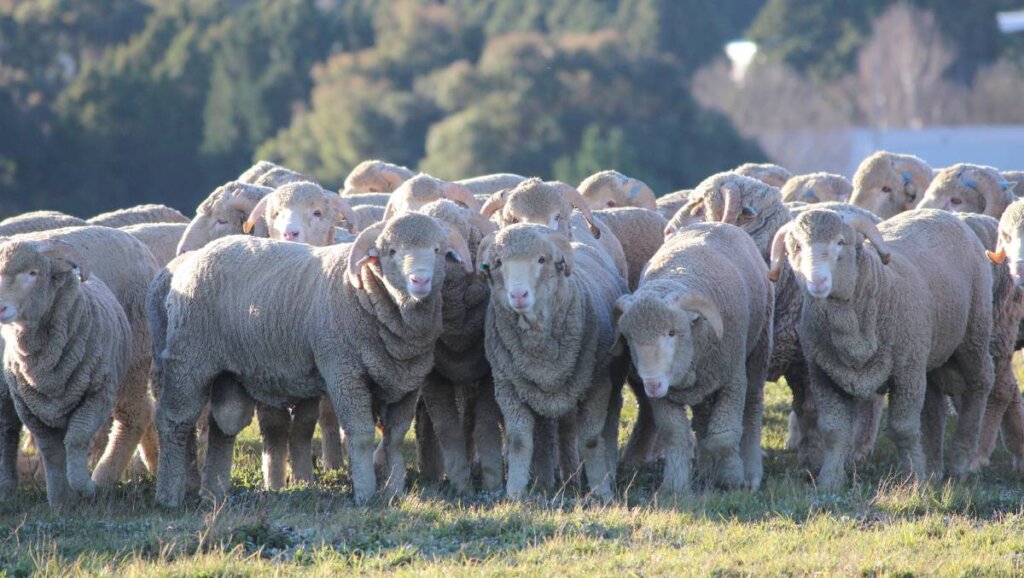
Mock disease outbreak reveals wool industry shortcomings
A fictitious foot and mouth disease outbreak was triggered across three woolgrowing properties in southern New South Wales late last year to see how the industry coped.
The wool industry needs some beefing up, the mock exercise found.
Exercise Argonaut was designed to help improve wool industry preparedness and response.
The wool industry and government agencies came together virtually for the exercise in October to explore the roles and responsibilities each would have in the event of a real emergency affecting the wool industry.
Read more here…
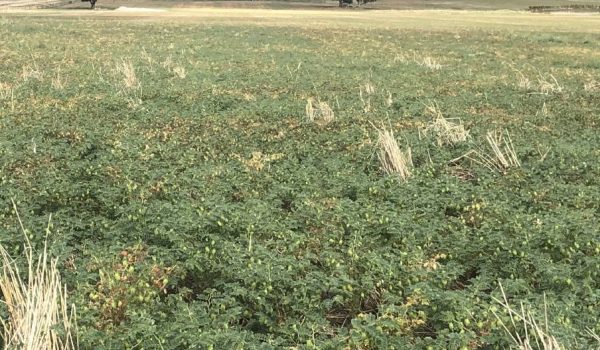
Woodstock’s Warren Wright plants spring-sown chickpeas for the first time
FAVOURABLE spring conditions have offered up a once-in-a-lifetime opportunity for one Woodstock farmer.
Welcome rainfall and healthy soil profiles allowed a select group of NSW Central West producers to break away from tradition and plant spring chickpeas.
Rodney Wright was among the few to take the chance to sow spring chickpeas for the first time on his property, east of Cowra.
“Going off the back of the La Nina forecast, we did silage on a paddock and we thought we shouldn’t leave it bare, so we sprayed the grasses out and drilled in some chickpeas,” Mr Wight said.
Read more here…
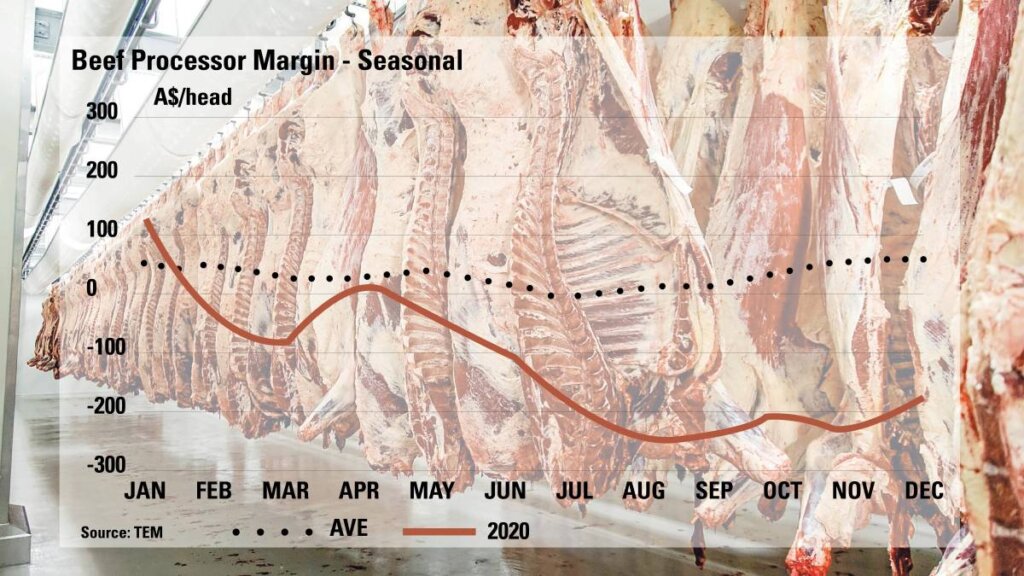
Beef processors hit survival mode as livestock prices bite
THE NEXT six months will purely be about survival for the nation’s beef processors as the massive losses now being incurred look like tipping into a record negative profit margin of $300-plus a beast slaughtered.
The rest of the supply chain, particularly producers, along with regional towns the nation over, are biting their nails waiting to see what the wash-up will be.
Historically, lengthy periods of negative processor margins have always resulted in some degree of rationalisation. Already, many plants are operating reduced shifts but the hope is a wave of permanent closures is avoided.
Read more here…
South America

Brazilian meatpacker announces China has lifted bans on two processing plants
Brazilian meatpacker JBS SA announced that China has lifted bans on two meat plants imposed in 2020 over coronavirus concerns.
The company said in a statement the lifting of the bans raised to 25 the total number of JBS plants in Brazil authorized to sell meat to China. JBS said no other of its Brazilian plants is currently restricted by China, the biggest buyer of Brazil’s meat exports.
The bans lifted concerned two JBS plants in Brazil’s southernmost state of Rio Grande do Sul. One is located in Três Passos and the other is in Passo Fundo, where the company produces pork and chicken products, respectively.
Read More here…
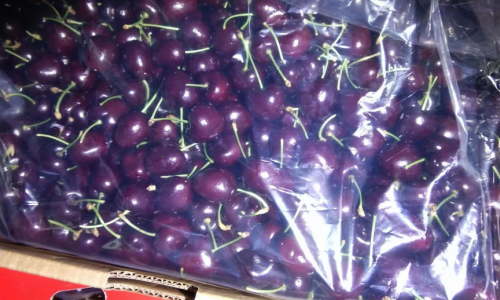
Detection of Covid on Cherry Packaging in China: Chilean Industry Statement
The Chilean Cherry Committee of the Chilean Fruit Exporters Association (ASOEX) this morning released the following statement in response to media reports in China of detection of Covid-19 genetic material on the packaging of imported cherries at a market in the city of Wuxi. This content has been published as provided by its author. It has not been modified by Produce Report except for necessary website formatting.
STATEMENT
In relation to the recent news published on media outlets in China, in reference to the supposed detection of Covid on imported cherries, we would like to assure our valued trade colleagues and friends of the following:
Read more here…
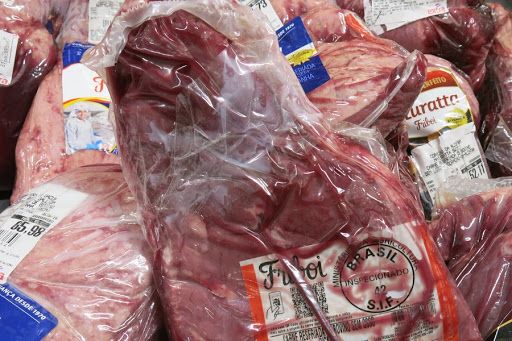
Sao Paulo and Mato Grosso concentrated 42% of Brazilian beef exports in 2020
The states of Sao Paulo and Mato Grosso led Brazilian beef exports in 2020, a record year for the country with total sales of 2,016 million tons. Data from SECEX (the Brazilian foreign-trade secretariat) compiled by ABRAFRIGO (the Brazilian meatpackers association) point out that São Paulo shipments totaled 439,900 tons, or 21.8% of the total, while shipments from Mato Grosso reached 407,700 tons or 20.2% of the total.
According to the organization, twenty years ago São Paulo accounted for 65% of the exported beef volume and Mato Grosso accounted a mere 5% in 2000. However since then the slaughtering and processing capacity of Mato Grosso state has sky rocketed.
Read more here

Teamsters protesting and blocking Argentine highways threaten domestic supplies and grain exports
For the fourth day running independent teamsters are blocking roads in Argentina as part of a protest over what they describe fuel prices, exorbitant taxes, and highway tolls. The lockdown threatens the export of grains and oilseeds, CIARA-CEC the industry chamber said.
The teamsters grouped in the informal TUDA association (Transportistas Unidos de Argentina), began blocking highways over the weekend, making it hard for grains to reach port terminals. The protest adds uncertainty to a sector that was racked by several Argentine port workers’ strikes last month.
Read more here…
Food Updates
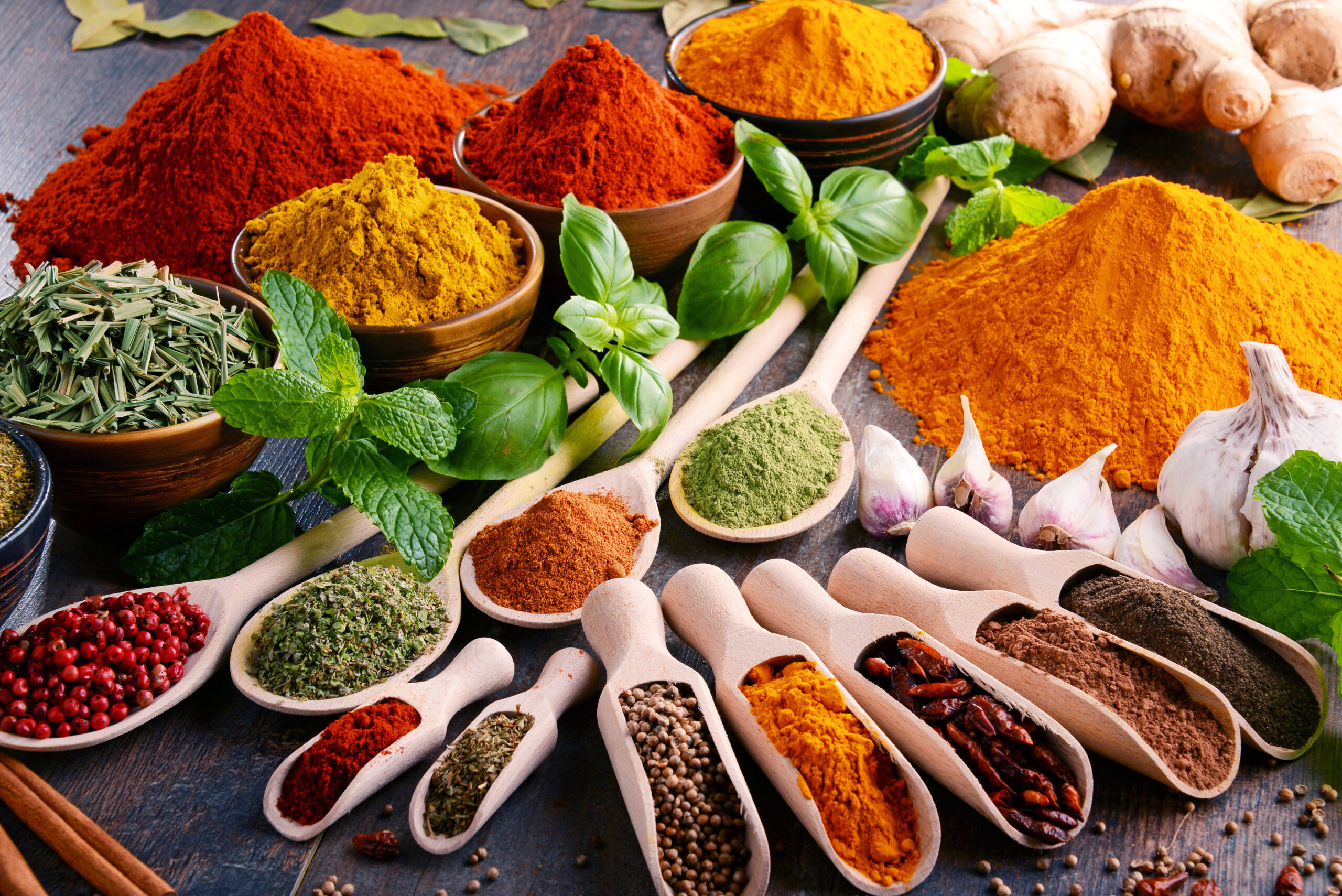
New tools to fight spice fraud
Bia Analytical has dedicated research resources to testing herbs which are most vulnerable to adulteration.
Northern Ireland-based Bia Analytical has expanded its laboratory-based food authenticity testing services with two additional spices, black pepper and turmeric. The company now offers rapid authenticity testing for four herbs and spices – oregano, sage, black pepper and turmeric.
Despite the difficult conditions the COVID-19 pandemic has presented, Bia Analytical says it has now completed the work on building new chemometric models for black pepper and turmeric. These models are used in conjunction with spectroscopic instruments to provide accurate authenticity testing and detect Economically Motivated Adulteration (EMA) in food ingredients.
Read more here…
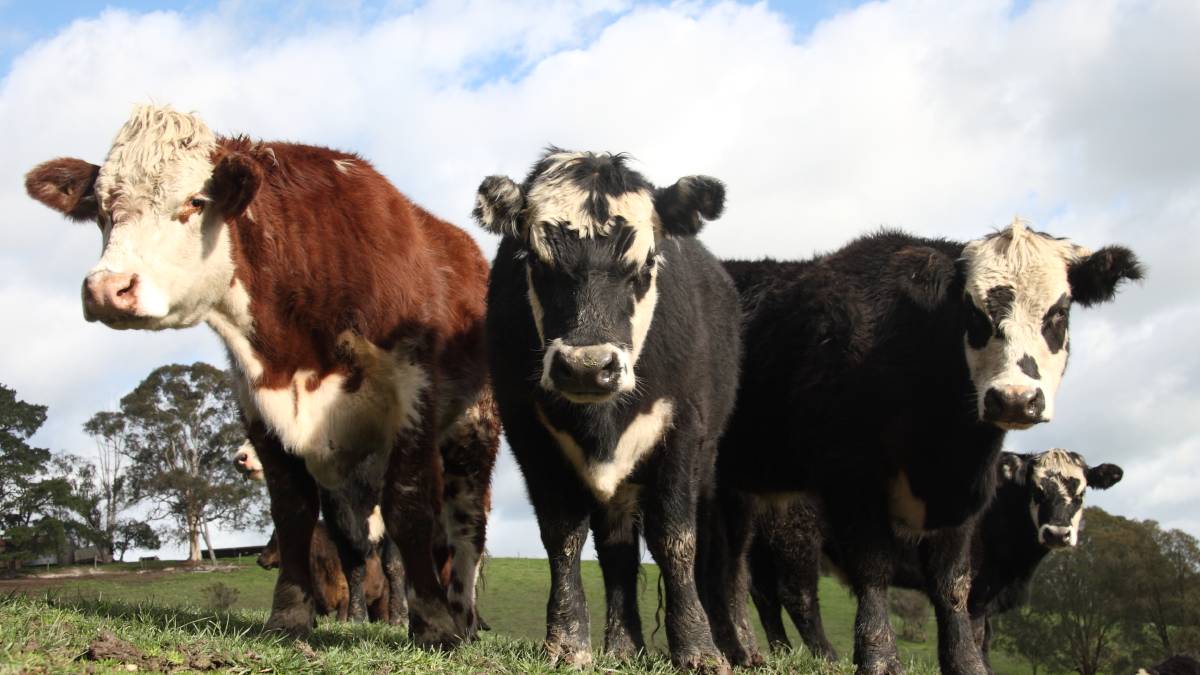
Beef producers look for new ways to reduce emissions
AS the deadline looms, much of the beef industry’s bid to be carbon neutral by 2030 is hanging on science to deliver new ways to reduce livestock emissions.
Without something else on the table, the country’s more progressive producers appear to be running out of room to make carbon neutral gains without taking a hit to profitability.
The good news is those at the forefront of research on greenhouse gas emissions from agricultural systems say cost-effective options are already emerging and there should be enough technology in place to meet the ambitious goal without production sacrifices.
Read more here…
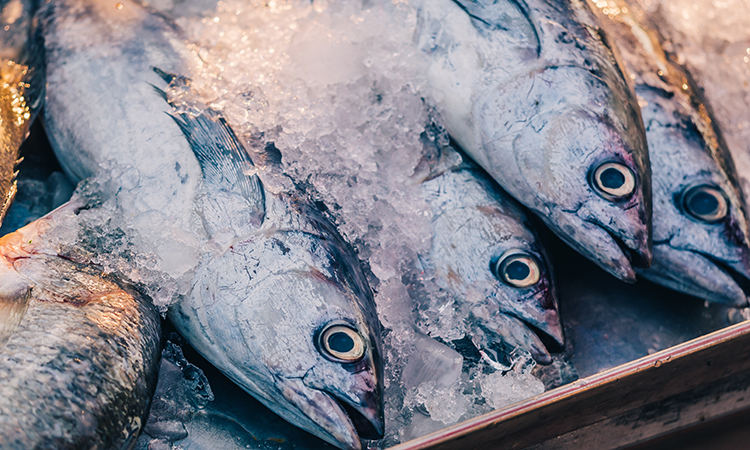
South Korean scientists develop new histamine testing method
Scientists from South Korea claim to have developed an effective yet simple strategy to quantify potentially harmful histamine levels in fish samples.
Histamine is a dangerous compound that occurs in spoiled food, such as mackerel, left at room temperature for too long. Scientists from Chung-Ang University, South Korea, have developed a novel histamine quantification strategy based on fluorescent carbon nanoparticles and histamine-binding peptides. They say their approach is simple, inexpensive and allows the testing for products like mackerel to be done much more efficiently.
According to the research team, existing techniques to detect histamine exist generally require expensive and bulky equipment, as well as the presence of a qualified analyst.
Read more here…

Twenty-one bakery health trends for 2021
Start 2021 off right with 21 on-trend attributes of the evolving better-for-you bakery category:
- Open to interpretation – Unique to each consumer and largely defined by what’s NOT on the label, better-for-you products can include elements of gluten free, no preservatives, no artificial sweeteners, non-GMO, organic, low-sugar or low carb. Often containing the nourishing aspects of protein, fiber and whole grains, better-for-you products are designed to nourish the body, tread lightly on the environment and align with consumers’ personal values.
- Attributes – Characteristics of better-for-you are varied and subject to consumer interpretation, trends and, in 2020, a worldwide pandemic.
Read more here…
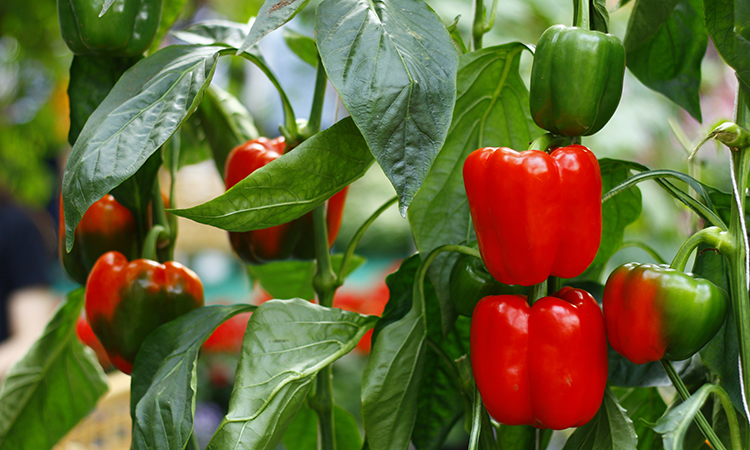
Canadian peppers in the winter made possible with LED lighting
Year-round peppers are fast becoming a reality as a Canadian company has begun harvesting the popular crop during the country’s winter season, all thanks to the help of LED lighting.
A Canadian company claims it is the country’s first to harvest peppers during the winter, thanks to the help of LED lighting technology.
The project, run by Allegro Acres in collaboration with the Harrow Research Center of Agriculture and Agri-Food Canada and Sustainable Development Technology Canada (SDTC), is proof that this kind Sollum Technology’s lighting can work on a large scale, according to the company.
Read more here…
